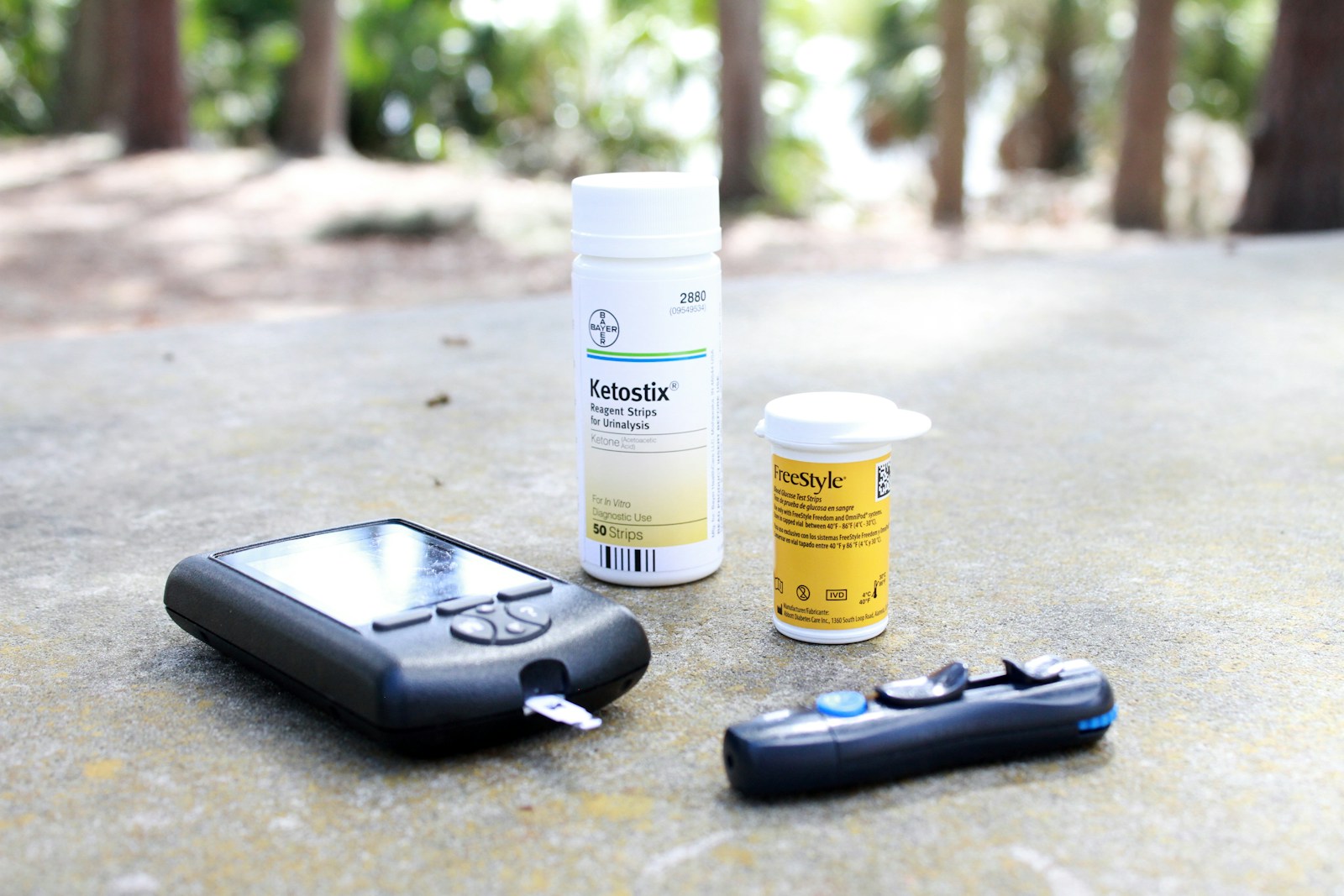
Insulin resistance can be a silent health problem affecting millions of individuals worldwide. However, it is not a lifelong sentence. Through specific lifestyle modifications, insulin resistance can be reversed, and overall metabolic health can be improved. Let’s delve deeper into the topic.
Understanding Insulin Resistance Reversal
Reversal of insulin resistance means restoring your body’s effective response to insulin, a hormone that controls blood sugar. This process enhances your cells’ receptiveness to insulin signals, allowing them to utilize glucose (blood sugar) efficiently, thereby reducing the risk of elevated blood sugar levels.
“Reversing insulin resistance essentially means improving the body’s response to insulin, allowing cells to absorb glucose from the blood for energy more effectively,” explains Erin Palinski-Wade, RD, CDCES, a registered dietitian and author of 2-Day Diabetes Diet. “This can be achieved through various lifestyle changes, including regular exercise, dietary changes, improved sleep and reduced stress.”
4 Strategies to Reverse Insulin Resistance
Incorporate Daily Physical Activity
Daily physical activity can enhance insulin sensitivity (how your cells respond to insulin). Regular movements, such as brisk walking, strength training, or yoga, can significantly boost your metabolic health.
“Include 30 minutes of moderate exercise most days of the week. Regular physical activity, including aerobic exercise and strength training, can improve insulin sensitivity and help the body use glucose more effectively. Exercise promotes glucose absorption by the muscles, which can reduce insulin resistance,” says Palinski-Wade.
Adhere to a Balanced Diet
A nutritionally rich diet, high in fiber and protein, can support your insulin function. Balancing macronutrients (carbohydrates, fats, and protein) and selecting low-glycemic foods can help manage blood sugar levels.
Manage Stress Effectively
Chronic stress can elevate cortisol levels, leading to insulin resistance. Incorporating stress-reducing practices, like mindfulness, deep breathing, or yoga, can help manage stress and improve your body’s insulin response.
Prioritize Quality Sleep
Quality sleep can improve metabolic functions and optimize insulin sensitivity. “Not getting enough sleep can reduce insulin sensitivity, so aiming for seven to nine hours of quality sleep per night is important for reversing insulin resistance,” states Palinski-Wade.



